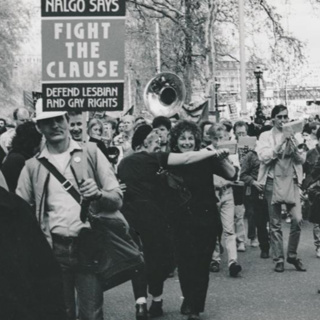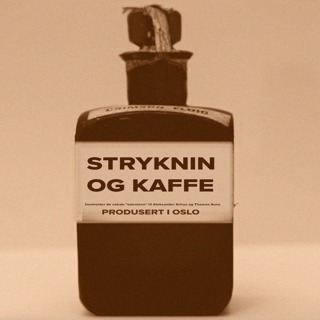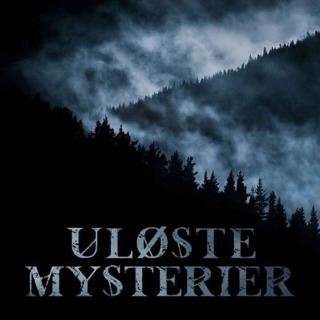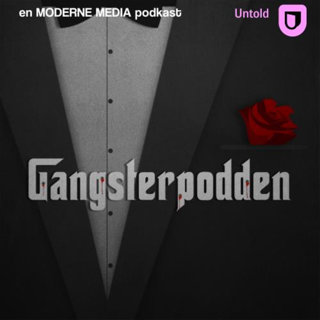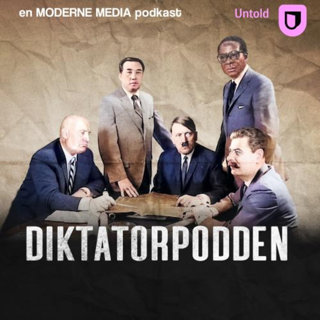
32. Glorious Revolution
Was it glorious? Was it even a revolution? The Glorious Revolution brought to an end the short and little lamented - indeed, lamentable - reign of James II of England, James VII of Scotland, and with it, the Stuart dynasty on the throne of England. But there was little fighting, particularly as James behaved uncharacteristically and fled abroad, after offering little resistance. And while there was certainly significant change, in that William III and Mary II replaced the king, and did so on the invitation of parliament, not by divine right - a revolution in seventeenth-century terms, as the wheel of fortune revolved - it was hardly revolutionary in our understanding of the word. Little glory, then, and barely a revolution. But all the same, a highly significant event, as we shall see. Illustration: JMW Turner, Prince of Orange landing at Brixham Indianapolis Museum of Art Music: Bach Partita #2c by J Bu licensed under an Attribution-NonCommercial-No Derivatives (aka Music Sharing) 3.0 International License
23 Apr 202110min

31. The Stuarts: plumbing the depths
We stand on the brink of saying goodbye to the Stuart kings, at last (not, alas, to the Stuarts though: they'll be back a couple more times to haunt us). The history of England saved the worst to last: James II, or James VII in Scotland, was the bottom of the barrel, the worst of the Stuarts, the man whose only achievement was to help shorten his reign by his sheer ineptitude. We'll find out how, we'll find out who was standing in the wings ready to take over, and how he needed to be invited before he'd come to the party. Illustration: Anne Hyde, the king's wife, with James II. By Sir Peter Lely National Portrait Gallery 5077 Music: Bach Partita #2c by J Bu licensed under an Attribution-NonCommercial-No Derivatives (aka Music Sharing) 3.0 International License
18 Apr 202110min

30. Time to party
In the course of Charles II's reign, we saw governments fall and an opposition beginning to emerge. The result was the formation of two distinct groups, the Whigs and Tories, the former looking for limited royal power, the other more strongly royalist. Neither was keen on Catholics, but the Whigs were rather more intent on protecting the country against what they saw as Papist plotting to overthrow the Protestant regime. It was in its early days, and it wasn't yet the party political system we know but perhaps don't love, but this was the beginning of its emergence. Illustration: A Solemn Mock Procession of the Pope, an engraving based on Stephen College, showing an event organised by Whigs in 1680, with effigies of the Pope, Cardinals, and other Catholic ecclesiastics, carried through the streets of London to be burned on bonfires. Music: Bach Partita #2c by J Bu licensed under an Attribution-NonCommercial-No Derivatives (aka Music Sharing) 3.0 International License
13 Apr 202114min

29. More gilded than golden?
When we last took a look at the so-called golden age of Charles II, we talked about the persecution of Catholics and, in particular, the witch hunt launched against them during the Popish Plot craze launched by Titus Oates's fabrications. But Catholics weren't alone in being given a lousy time. Puritans, the more fundamentalists of Protestants, were also targets. They were seen as the main architects of the English republic that had just ended. They were also seen as dangerously unorthodox, when conformity was viewed as the right way to go. This was the last time, indeed, when anyone made the attempt to impose a single faith on Britain. So Episcopalians, the trend within the Church of England that was as close to Catholicism as you could get without giving up on Protestantism altogether, also persecuted Dissenters and Non-Conformist Protestants. And it wasn't a nice sight either... So this was another group of people for whom the age wasn't terribly golden. Ultimately, that was something that also revealed the relative loss of power of the king, and the emergence, notably in parliament, of tendencies of opinion opposed to each other, for or against the king. Religion and politics melded. And, for our next episode, we're going to see how that led to the beginnings of the party system. Illustration: The martyrdom by drowning of Margaret Wilson, a Scots Presbyterian who refused to bow to Episcopalian authority. Engraving from a nineteenth-century drawing by J E Millais. Music: Bach Partita #2c by J Bu licensed under an Attribution-NonCommercial-No Derivatives (aka Music Sharing) 3.0 International License
8 Apr 202111min

28. The golden age loses its sheen
Was that golden age, following the restoration of the monarchy in England, really that golden? This episode looks at how it lost its sheen, particularly when the champion fabricator or fake news and false denunciations, Titus Oates, came along and plunged the country into the hysteria of the Popish Plot. That was like so many other witch hunts, even the McCarthy anti-Communist hunt in the 1950s. And, like most conspiracy theories, based on pure fiction. Or, rather, impure fiction. Illustration: Titus Oates, engraving after and unknown artist National Portrait Gallery D16604 Music: Bach Partita #2c by J Bu licensed under an Attribution-NonCommercial-No Derivatives (aka Music Sharing) 3.0 International License
3 Apr 202114min

27. The Golden Age continues
Charles II's Golden Age continues in this next episode, although the title, with its trace of irony, rather betrays some of the things that were going on under the surface. A lot of duplicity by the merry monarch, as well as some fine mistresses, and a growing head of steam for more active anti-Catholicism, drawing considerable encouragement from the behaviour of the monarch himself Illustration: Louise de Kéroualle, Duchess of Portsmouth, with an unknown female attendant by Pierre Mignard, 1682 National Portrait Gallery 497 Music: Bach Partita #2c by J Bu licensed under an Attribution-NonCommercial-No Derivatives (aka Music Sharing) 3.0 International License
29 Mar 20218min

26. Restoration
As any fan of Tolkien's Lord of Rings can tell you, nothing beats the return of a king. After the chaos that followed Richard Cromwell's following Oliver as Lord Protector, the restoration of Charles II, another Stuart, to the English throne seemed a relief and a promise of stability. What's more, his character - not for nothing is he called the Merry Monarch - promised lots of good things. Sadly, though, there weren't just good things... Illustration: Nell Gwynn in about 1680, by Simon Verelst National Portrait Gallery 2496 Music: Bach Partita #2c by J Bu licensed under an Attribution-NonCommercial-No Derivatives (aka Music Sharing) 3.0 International License
24 Mar 202113min

25. Protectorate
In the 1650s, power concentrated in England into fewer and fewer hands, until in the end a Lord Protector was appointed and - surprise, surprise, since he dominated the Army Council which appointed him - Oliver Cromwell got the job. As it happens, a (somewhat cowed) parliament worked alongside him, so in a sense England had reached the point which parliament had sought before the Civil Wars: shared authority between a single ruler and itself. But most of the people running the system remained the same as before, or at least of the same class and mentality, and there had been no real revolutionary change. So it isn't hard to see that the republic would slide back into monarchy once Cromwell had died. This episode also looks at a couple of lasting legacies, however: Jews allowed back into England, and the triumphant bursting of coffee onto the scene. Long before tea... Illustration: Interior of a London Coffee-house, 17th century Anonymous: Unknown author, Public domain, via Wikimedia Commons Music: Bach Partita #2c by J Bu licensed under an Attribution-NonCommercial-No Derivatives (aka Music Sharing) 3.0 International License
19 Mar 202113min
